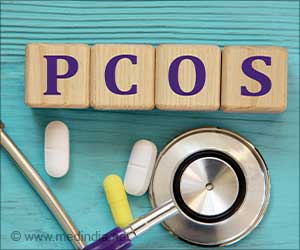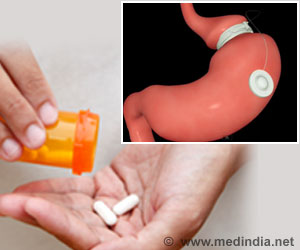The effects of obesity can be counteracted by diet and active lifestyle, suggests new study.

Obese people are at an increased risk for cardiovascular diseases, vascular diseases, hypertension, diabetes and cancer. This lowers their life expectancy.
The links between body weight, lifestyle and the risks of developing cancer and other chronic diseases are not yet understood in every detail. However, changes in hormonal signaling are believed to be among the culprits of these processes.
"Adipose tissue produces various hormones which have a great impact on metabolism. The important ones are anti-inflammatory adiponectin, which increases the effect of insulin, and leptin, which can promote tumor cell growth," said Prof. Dr. Cornelia Ulrich.
Do body weight and exercise also affect production of these key adipose tissue hormones?
Cornelia Ulrich, departmental head at DKFZ and director of the National Center for Tumor Diseases (NCT) Heidelberg, analyzed this in a randomized controlled study with 439 overweight postmenopausal women (age below 50 years). Study participants were divided into three "intervention groups" (diet; exercise; diet plus exercise) as well as a control group.
Advertisement
Leptin production decreased in all three intervention groups, most noticeably (up to 40 percent) in the diet plus exercise group. By contrast, adiponectin production increased most in women who were on a reduced calorie diet only.
Advertisement
"We observed the greatest changes in women who had lost ten percent of their initial body weight," said Dr. Clare Abbenhardt, first author of the study.
"Some of these participants reached a 20 percent increase in adiponectin levels and their leptin decreased by more than 50 percent," Abbenhardt added.
Leptin production appears to be influenced by mere changes of body composition, because in the exercise intervention group, participants gained muscle mass also without losing weight.
"We now have a better understanding of the mechanisms by which weight loss and training protect from chronic diseases. The health-promoting effect of adiponectin is regarded as established by numerous studies now. Lower leptin levels, on the other hand, offer less growth incentives for tumor cells. Therefore, we are now able to give well-founded recommendations to women how they can positively influence these two important metabolic regulators," said Cornelia Ulrich, "by keeping a healthy body weight and getting more exercise!"
Source-ANI















